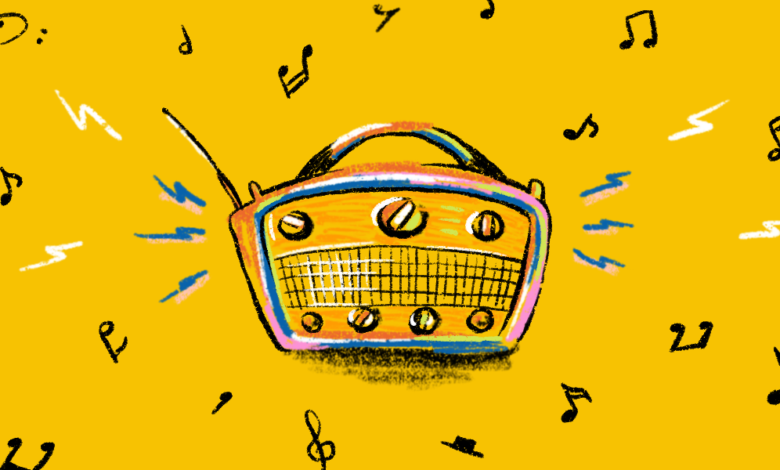How Fortnite and Roblox are becoming marketing tools for the music industry

By Alexander Lee • June 28, 2024 •

Ivy Liu
As platforms such as Fortnite and Roblox become full-service platforms for digital life, the music industry is moving beyond virtual concerts. These days, musicians are integrating more deeply into virtual worlds to promote their album releases and bring in new fans.
Music has been a key element of the metaverse from the start. In 2020, Travis Scott’s virtual concert inside Fortnite was many of its participants’ first introduction to the metaverse concept. But although Scott’s concert reportedly grossed roughly $20 million through in-game item sales, it was a one-off event that was not tied to an album release or marketing campaign. Since the concert, Scott has never returned to Fortnite.
“Those virtual concerts — I believe they’re awesome, but they’re temporary, and it’s a lot of work that goes into something that you can maybe play for a weekend,” said Warner Music Group senior director of metaverse development David Cushman.
Four years later, the virtual music metagame has evolved. Nowadays, the music industry is less satisfied by simply translating physical events such as concerts into virtual worlds. Taking cues from other consumer and entertainment brands, musicians are instead creating custom experiences and integrating themselves more deeply into popular virtual experiences to actively promote new releases.
One such musician is the rapper Don Toliver, who published a custom Fortnite game on June 10 to promote the release of his album “Hardstone Psycho.” The game is currently slated to remain on the platform for at least six months, according to Cushman.
“Coming off of doing a bunch of virtual concerts and seeing a lot of our peers put them together, they’ve all been amazing,” said Atlantic Records svp of artists and repertoire and marketing Joe Khoury, who collaborated with Cushman on the Don Toliver experience. “But I think this was an opportunity for us to find the balance between what satisfies Don’s goals to activate in gaming, but also what satisfies the gamer, and also the fan.”
Thus far, Toliver’s fans have reacted to the Fortnite announcement on social media with surprise and excitement. The album currently sits atop Billboard’s rap and hip-hop charts, selling nearly 80,000 copies in its first week — though it’s unclear how many of these sales were directly driven by the Fortnite experience. At the moment, there is no direct pipeline to bring users from the experience to a place where they can purchase the album.
“We would love to be able to do that,” Cushman said. “I know there’s some policies in place over at Epic [Games] about getting people to jump off-platform, but we were able to put a pop-up on the menu for people who jumped in during launch week that let people know that he had a new album out.”
A growing trend
Toliver is not the only artist to work himself more deeply into the Fortnite community in recent weeks. On June 12, Metallica announced a slew of Fortnite integrations, including a custom music experience, a map in the racing game “Rocket Racing” and a Metallica-themed spot on the island of the game’s battle royale mode.
Nor is the trend limited to Fortnite. Earlier this week, the Rolling Stones debuted inside “Beat Galaxy,” Universal Music Group’s virtual hub inside Roblox, which allows users to play licensed tracks directly within the experience.
“Instead of the labels and the artists spending hundreds of thousands of dollars to build a one-off activation, they are now able to come into ‘Beat Galaxy’ and activate with artists inside, with a virtual music shop, a track runner [mini game] and integration of the music into the world,” said Yonatan Raz-Fridman, CEO of Roblox studio Supersocial, which designed and built the experience.
Musicians and music rights holders are gradually realizing that they are leaving money on the table by not engaging more actively with audiences inside metaverse platforms. For many users of platforms such as Fortnite and Roblox, virtual worlds are one of the main ways they discover new music. Music companies stand to make a pretty penny if they are able to turn gamers’ passive listening into more active engagement and discovery.
“They’ve started to figure out ways to at least acknowledge that music is happening on these different platforms,” said Bryan Biniak, president and CMO of music tech company Songtradr. “But what they haven’t been able to do is capture the value in the licensing across all of the different platforms, so that music flows freely without friction to the gamer experience, and to make sure that creators of music get compensated.”
https://digiday.com/?p=549120



